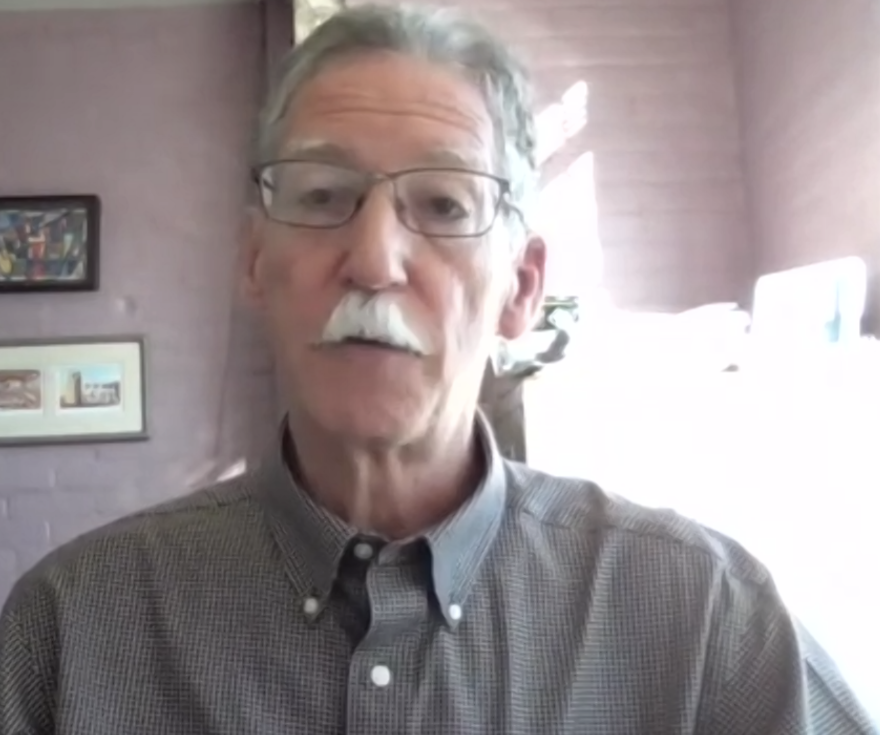Congress recently allocated more than $5 billion in COVID recovery funds to Ohio and more than $2.7 billion of it has been set aside for shoring up the state’s unemployment fund and for safety forces statewide. But advocates for Ohio’s lowest-income citizens say the state should be giving them assistance from the funds too.
Policy Matters Ohio’s Zach Schiller says the state has focused on taking care of businesses and taxpayers.
“We’ve so far spent a huge portion of our funds to stabilize businesses. We need to spend the remaining funds on those who are most in need,” Schiller says.

Lisa Hamler-Fugitt, director of the Ohio Association of Foodbanks, says food costs have been rising, donations have been down, there are fewer drivers to transport food and there are supply chain issues. All of that, she says, ends up costing families more. She's hoping state lawmakers will dedicate more federal COVID relief dollars to help hungry Ohioans.
The advocates point out other states have used COVID relief money for things like food, housing, and other services that directly help low-income people. And while the advocates don’t have a specific proposal, they say it’s important to listen to those who depend on the human services safety net to determine where to direct the remaining dollars.
Copyright 2021 The Statehouse News Bureau. To see more, visit The Statehouse News Bureau. 9(MDA3NTY5MTc2MDEzMDY5NDU2MjQ3NDZhOA001))


